“They have reminded us every day that women journalists deserve to be taken seriously and entrusted with the most challenging assignments.” So says Judy Woodruff, anchor of the PBS Newshour, referring to the quartet of NPR reporters profiled in the new book Susan, Linda, Nina and Cokie.
As in Stamberg, Wertheimer, Totenberg, and Roberts. (Pictured above, from left: Linda Wertheimer, Susan Stamber, Nina Totenberg, and Cokie Roberts.) The latter passed away in 2019, after perhaps the most illustrious career, in that she regularly appeared on ABC News. But all four were, arguably, the voices of the network. Author Lisa Napoli’s last book was about CNN, on its 40th anniversary. This one, on the 50th of NPR, seems appropriate—and necessary.
“I worked on it for 18 months,” Napoli told me, “but really, it was a lifetime in the making, having worked in the media industry for so long, and now writing about it. Its history is more essential than ever in understanding how we got where we are today.” She emphasizes that the book is “unauthorized, but I was delighted that they answered my questions from time to time.”
Read More: Judy Woodruff: The Calming, Thoughtful TV Presence We’ve Needed This Past Year
Different Paths for the NPR Founding Mothers
Choosing to focus on four women so associated with NPR was a stroke of brilliance. And each has her own fascinating pathway. “They are certainly revered,” says Napoli, “but it’s important to understand where they came from and how they got where they did. Not to mention what they had to grapple with societally as they made their respective ways.”
Stamberg, 82, was for years, the co-host of “All Things Considered” and is still a special correspondent. Roberts covered politicians (having come from a family of them). Wertheimer did it all and remains special senior correspondent. Totenberg covered the courts so well that when Ruth Bader Ginsberg passed away, she was the first choice for commentary for much of the media.
But their roads to the top are what resonate in the book. Stamberg began—like so many—as a secretary, though “I longed to be sprung to a headier challenge,” she told the author. She recalls asking someone, “What does a producer do?”
The answer she got: “It’s someone who doesn’t take no for an answer.”
“That”—said Stamberg—I can do!” She worked her way up in the world of independent public stations and when she eventually became a host, “she found her love of the written word colliding with the magic of the spoken.”
There is no telling how many girls who, growing up, heard the voices of Susan, Cokie, Linda, and Nina and thus understood that they too could be anything they wanted to be. —Judy Woodruff
Linda Wertheimer, 78, is a grocer’s daughter who, early on, “dreamed of being Edward R. Murrow’s assistant.” Joining NPR in 1971 was “a frightening experience,” she told me. “I had to convince the bosses that even though I went to Wellesley, I wasn’t too refined to be the voice of the people.” And yes, she eventually realized she wanted to be Edward R Murrow himself.
Nina Totenberg, 77, from Scarsdale, NY, did not even finish college but also gravitated to reporting, ultimately the court that rules so much of our lives. “Covering the justices of the Supreme Court is like covering nine presidents at the same time,” she told Napoli.
Of the four, Cookie was the most glamorous and charismatic and came from a storied family. (Her father, Hale Boggs, was a U.S. Congressman and when he died in a plane crash, her mother took his place.) When she married Steve Roberts—then a reporter for the New York Times—President Johnson attended. But finding work herself? As Napoli reports, ”Time and again, she hit a wall, just as Linda and Nina had in their job searches. There were no jobs for women, or the company already ’had its woman.’” Eventually, the other women of NPR pushed for her to join their gang. The rest, as they say, is history.
Getting to Mt. Rushmore
“None of them ever tried to act like men,” says Linda Douglass, former correspondent for CBS and ABC. “They weren’t afraid to present a feminist point of view from time to time, didn’t hesitate to let empathy and sensitivity show when dealing with real people, and didn’t shy away from topics like cooking, families, and culture. Proud, smart, seemingly confident—even though confidence was hard to muster in those days.”
They were smart, they were powerful, and they truly cared about each other. —Andrea Mitchell
“They were the Mt. Rushmore of NPR,” adds TV journalist Connie Chung. “They created an imprimatur for all journalists, especially female reporters at a time when we looked around the room and saw only a sea of men. Thank you to those she-roes. When they spoke, everyone listened.”
Judy Woodruff considers their impact on a generation of women. “There is no telling how many girls who, growing up, heard the voices of Susan, Cokie, Linda, and Nina,” she told me, “and thus understood that they too could be anything they wanted to be. One of the greatest gifts from these four with their consistently superb reporting was to instill a sense of possibility in the minds and hearts of countless young women. ”
Breaking Through
Not only did the four become the talk of a media form that at one time was considered on the wane (“radio has been declared dead every 15 minutes,” says Wertheimer), but they also became celebrities of a sort in a larger arena. Tammy Haddad, long time party organizer in the capital, says, “On the media side, they were the first women authoritative Washington news anchors to break through as equals to male network TV anchors, not just in news gathering but in storytelling. They became highly sought-after guests on TV or at a dinner party for their smarts, insider knowledge, and compelling presence. “
When they spoke, everyone listened. —Connie Chung
Andrea Mitchell, the veteran NBC reporter, says, “As with any civil rights movement, women’s entrance into the higher levels of broadcast—and print—journalism had to reach critical mass for it to become lasting. That’s another reason why the `Founding Mothers’ were so important. They were smart, they were powerful, and they truly cared about each other. They broke all the molds. Having more women on the White House beat, especially on the road, also meant that we had `girlfriends’ to share highs and lows, to trade road warrior survival tips, and to be a feminist support system. One of the first calls I received when I was diagnosed with breast cancer was from Cokie, an early sufferer.”
Though their crucial role in advancing the place of women in journalism is greatly appreciated, at least one man thinks gender should be overlooked when assessing their careers. “These are not four outstanding women journalists. These are four outstanding journalists. Period,” says political journalist Jonathan Alter.
The “stars” of the book are understandably humbled and flattered. ”It’s very gratifying,” says Wertheimer. Are they happy with the result? “It’s a great read!” says Totenberg.
Top photo courtesy of the National Women’s Museum.
Read More: Risky Business: War Correspondent Jackie Northam on Her Own Inner Conflict


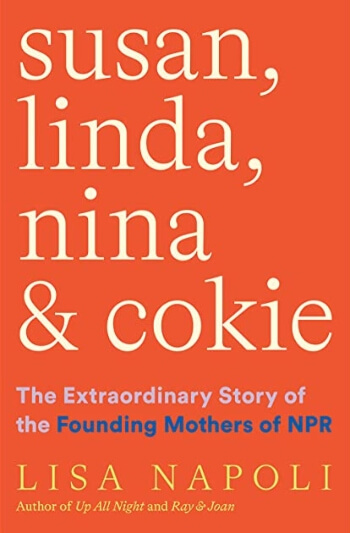




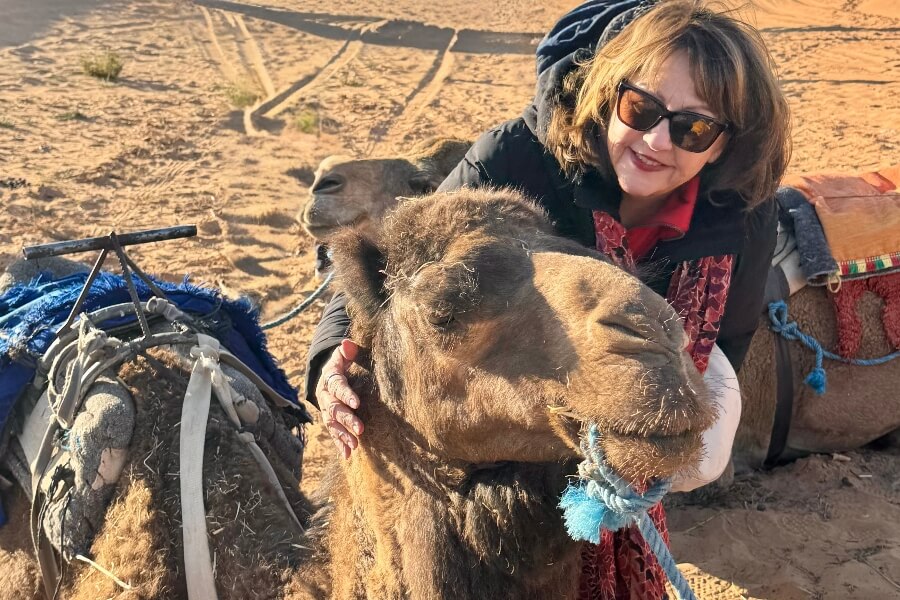
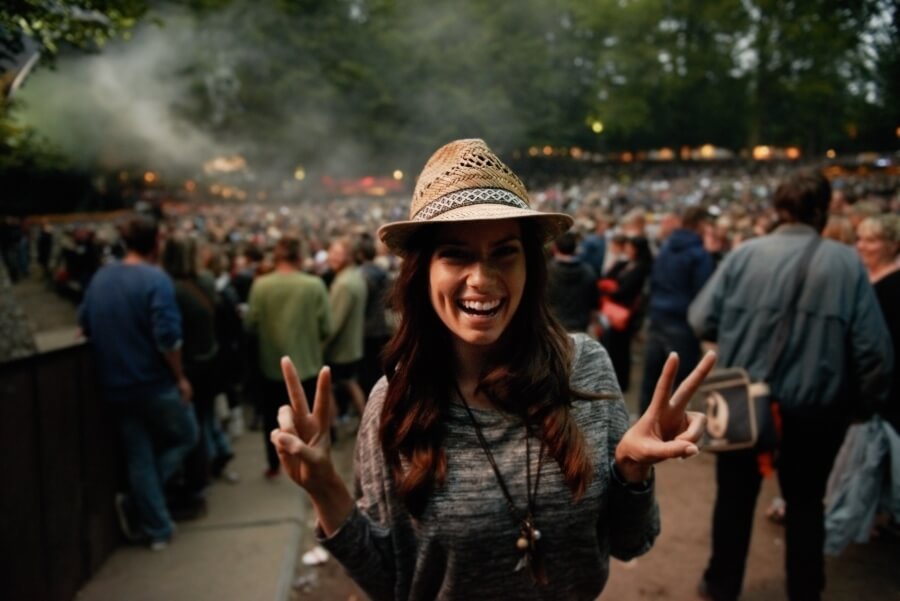
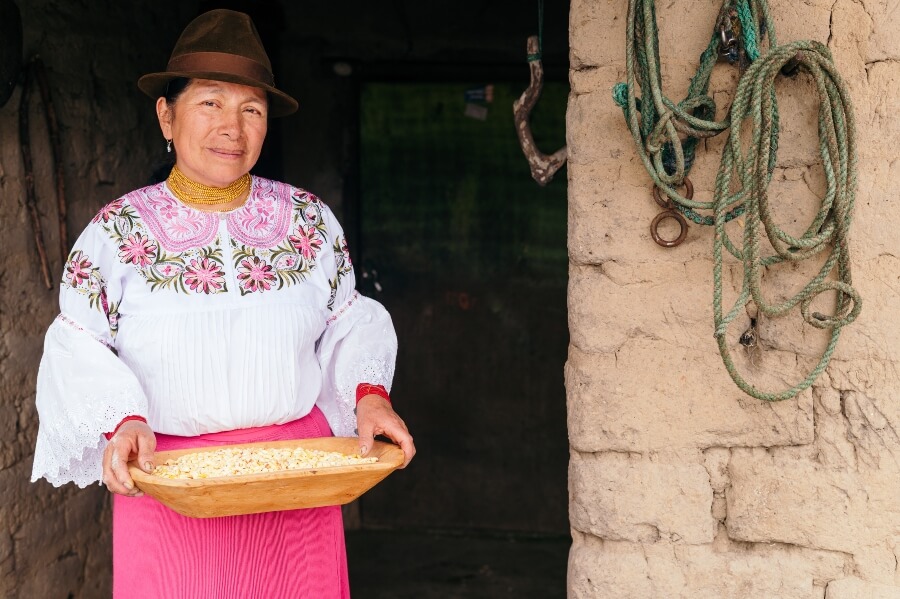
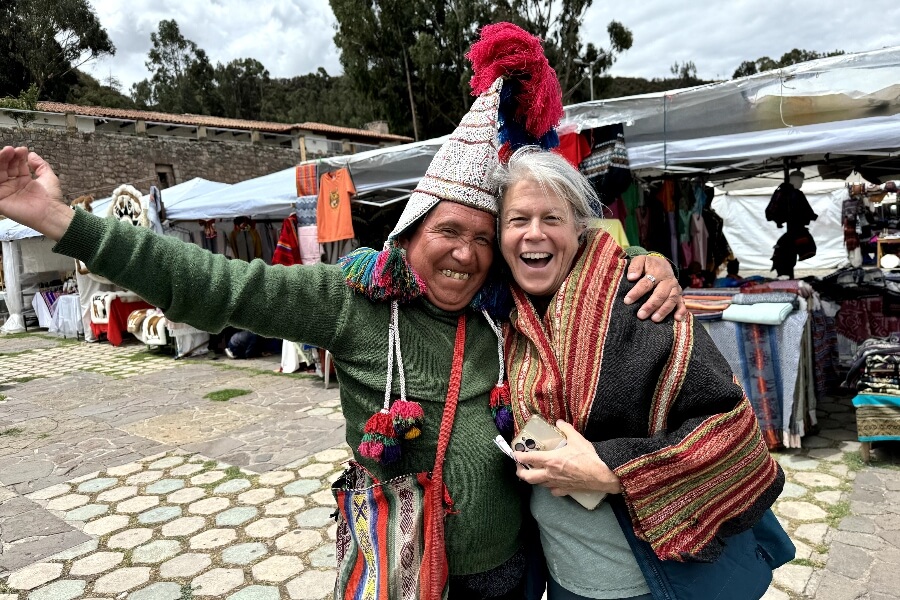

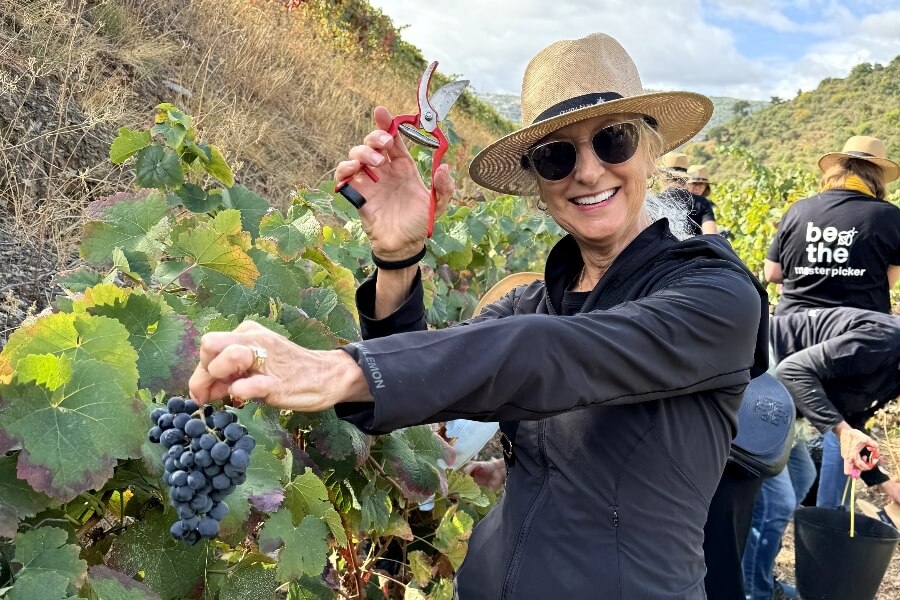

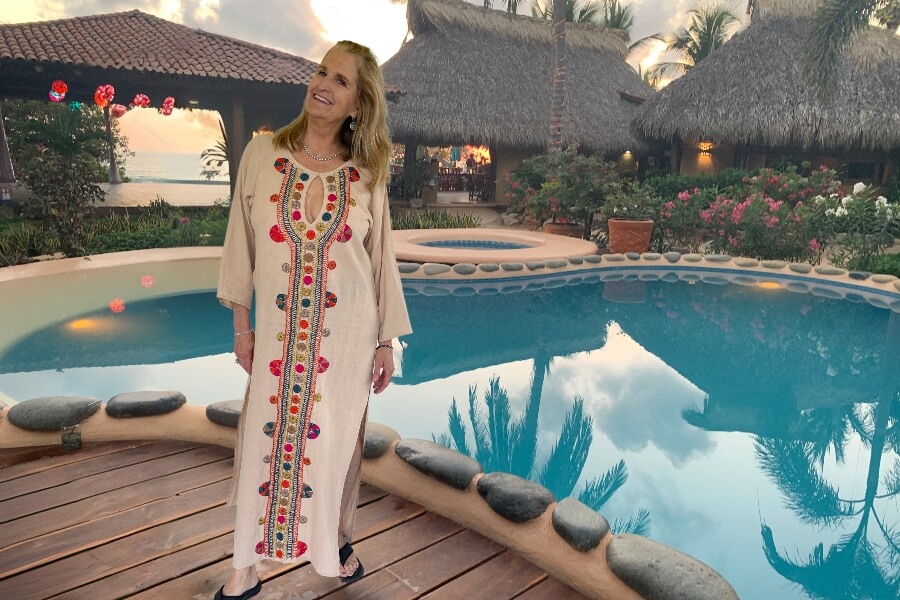


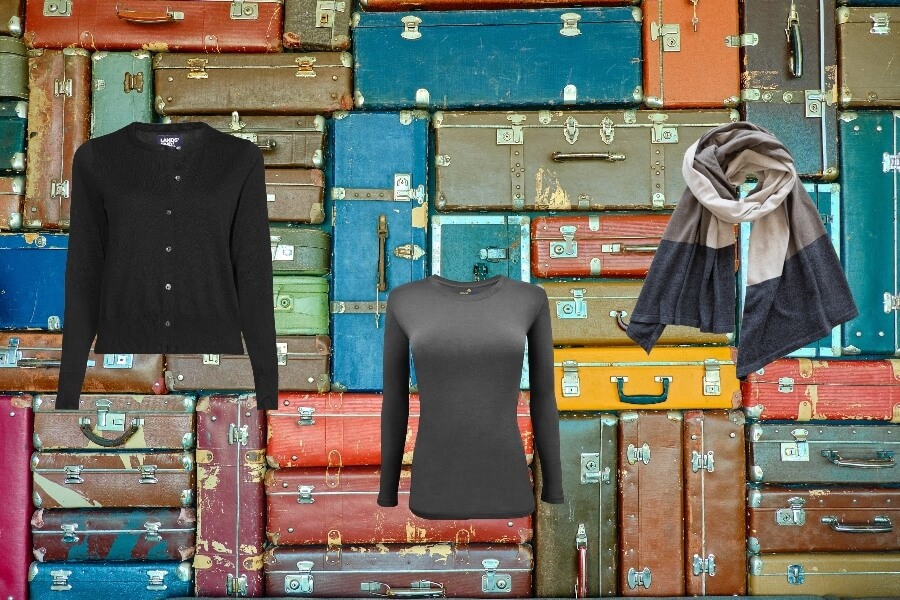

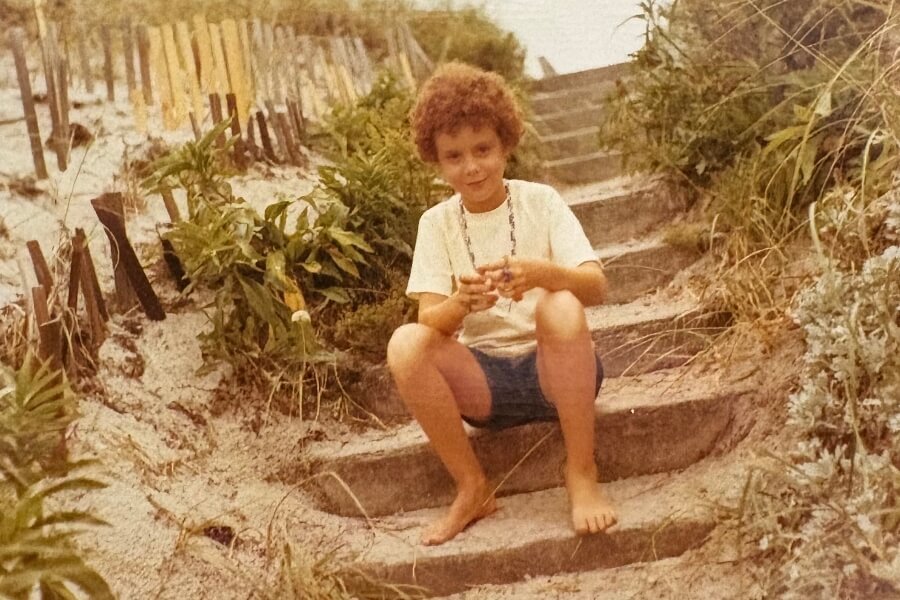

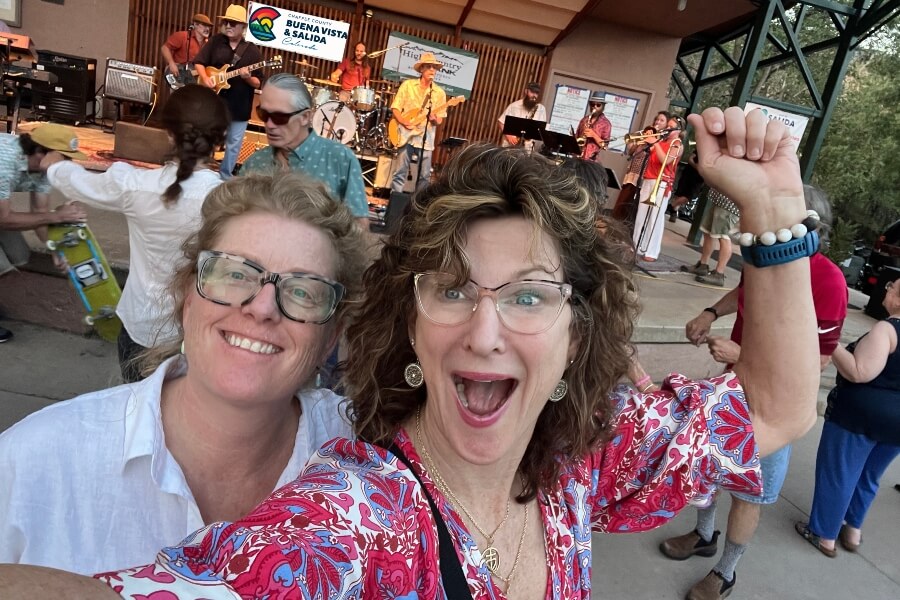


0 Comments